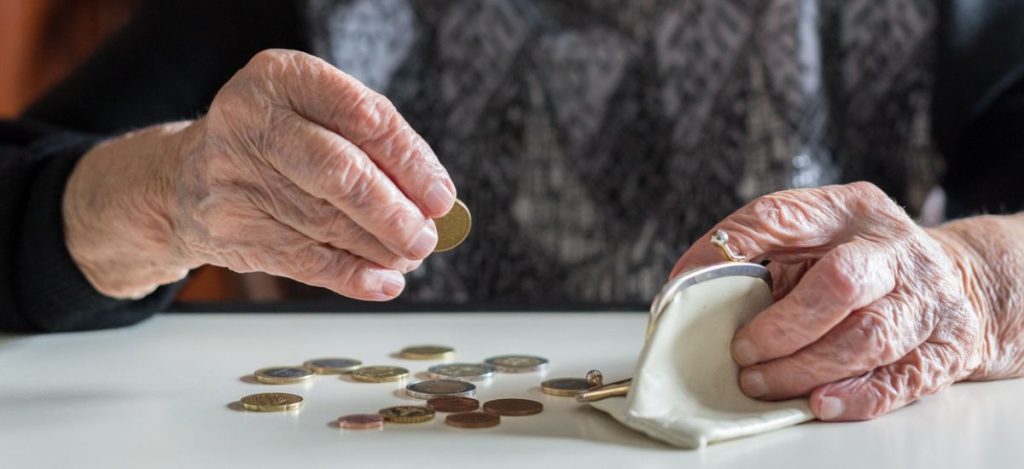When a loved one moves into a nursing home, families place a tremendous amount of trust in that facility’s ability to care for them. Unfortunately, that trust isn’t always honored. If you suspect something is wrong — whether it’s a pattern of unexplained injuries or a growing sense that your loved one isn’t being cared for — understanding the difference between nursing home neglect and nursing home abuse is critical.
At Ron Meyers and Associates, we work with families throughout Olympia and across Washington to pursue justice in cases of elder abuse in nursing homes. Here’s what you need to know about the legal distinctions between nursing home neglect vs. abuse, and what to do if you’re concerned about a loved one’s safety.
What Is Nursing Home Neglect?
Nursing home neglect happens when a facility fails to meet a resident’s basic needs — whether it’s proper hygiene, medication, nutrition, or safety. Unlike abuse, neglect is often the result of inattention, poor training, or understaffing rather than intentional harm.
Examples of nursing home neglect include:
- Untreated bedsores (pressure ulcers)
- Dehydration or malnutrition
- Failing to turn immobile residents regularly
- Ignoring medical needs or medication schedules
- Unsafe environments (e.g., tripping hazards, lack of supervision)
Neglect can cause serious health complications, emotional suffering, and even death. If you suspect neglect, a skilled nursing home neglect lawyer can help investigate and hold the facility accountable.
What Is Nursing Home Abuse?
Nursing home abuse, by contrast, involves intentional acts that cause harm to a resident. This harm can be physical, emotional, sexual, or financial. In some cases, abuse is carried out by staff members; in others, facilities are liable for failing to prevent abuse by other residents or visitors.
Examples of nursing home abuse include:
- Hitting, slapping, or restraining residents
- Yelling at or verbally degrading residents
- Inappropriate touching or sexual assault
- Theft or coercion involving a resident’s finances
Abuse is often harder to spot than people expect. Victims may be afraid to speak up or may suffer from conditions like dementia that make communication difficult. If you’ve noticed signs like bruises, sudden behavioral changes, or withdrawal, it’s worth speaking to a nursing home abuse attorney in Washington.
Nursing Home Neglect vs. Abuse: How Are They Different?
| Aspect | Neglect | Abuse |
| Intent | Usually unintentional (due to carelessness or oversight) | Intentional actions meant to harm or control |
| Common Causes | Understaffing, lack of training, mismanagement | Malicious staff behavior, unchecked misconduct |
| Types of Harm | Medical decline, bedsores, weight loss | Physical injuries, emotional trauma, financial loss |
| Legal Approach | Prove failure to meet duty of care | Prove deliberate wrongdoing or failure to prevent abuse |
Both types of harm can lead to nursing home abuse claims, and in some cases, both neglect and abuse are present at the same facility.
What to Do If You Suspect Abuse or Neglect
If you believe your loved one is being harmed or mistreated in a long-term care facility, don’t wait to act. Time is critical in stopping the harm and preserving evidence.
Steps to take:
- Document everything. Take photos, write down incidents, and keep track of any injuries or behavioral changes.
- Speak with staff and management. If their explanations feel evasive or dismissive, that’s a red flag.
- File a report. You can report concerns to the Washington State Department of Social and Health Services (DSHS) and the local Long-Term Care Ombudsman.
- Consult a lawyer. A skilled attorney can help you evaluate your case and determine your legal options.
We Help Families Hold Facilities Accountable
At Ron Meyers and Associates, we understand how difficult it is to trust your instincts in these situations — especially when a facility appears professional on the surface. But when something feels off, it often is.
Our team handles nursing home neglect and abuse claims with compassion and determination. We fight for vulnerable residents and the families who love them, using our knowledge of Washington law to build strong cases and pursue meaningful outcomes.
Whether you need a nursing home neglect lawyer or a nursing home abuse attorney, we’re here to help you take the next step.
Concerned About a Loved One’s Safety? Contact Us Today.
Don’t ignore the signs. If you suspect elder abuse in a nursing home or believe your loved one is being neglected, the time to act is now. Let us help you protect your family and hold the right people accountable.
Call Ron Meyers and Associates today or contact us online for a free, confidential consultation.








